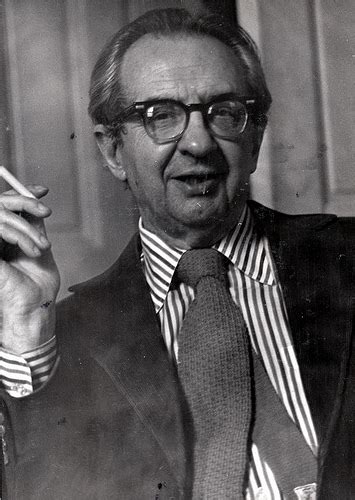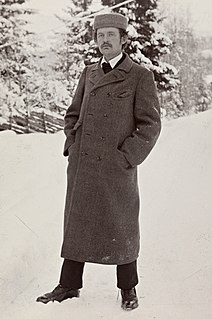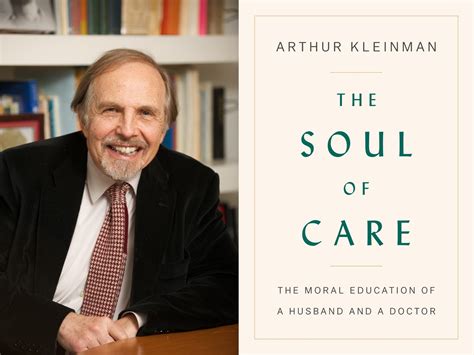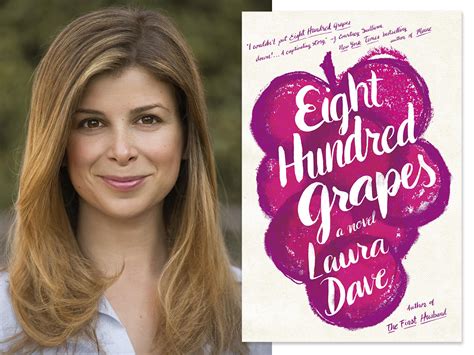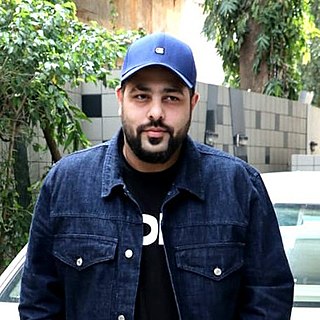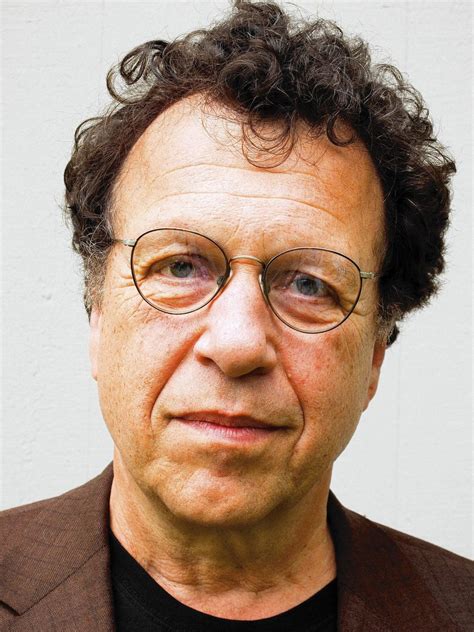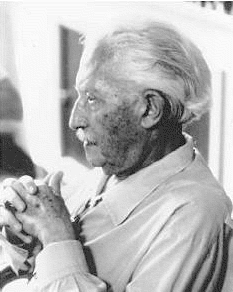A Quote by Tim O'Brien
By telling stories, you objectify your own experience. You separate it from yourself. You pin down certain truths. You make up others. You start sometimes with an incident that truly happened, and you carry it forward by inventing incidents that did not in fact occur but that nonetheless help to clarify and explain.
Related Quotes
There's a social and human necessity for some kind of continuity, but it's not axiomatic and not something you're born into; it's something you have to work at. And one of the ways to work at it - perhaps the best - is storytelling: telling stories about yourself to others, telling stories about yourself to yourself, telling stories about others to others.
What do you know about yourself? What are your stories? The ones you tell yourself, and the ones told by others. All of us begin somewhere. Though I suppose the truth is that we begin more than once; we begin many times. Over and over, we start our own tales, compose our own stories, whether our lives are short or long. Until at last all our beginnings come down to just one end, and the tale of who we are is done.
You have to be closer to religious origins -- the generation of the 20's was truly secular in that it still knew its theology and its varieties of religious experience. We are post-secular, inventing new faiths, without any sense of organizing truths. The truths we accept are so multiple that honesty becomes little more than a strategy by which you manage your tendencies toward duplicity.
We still like to make up stories, just as our ancestors did, which use personification to explain the great forces of our existence. Such stories, which explain how the world began or where the sun goes when it sets, we call myths. Mythology is a natural product of the symbolizing mind; poets, when not making up myths of their own, are still commanding ancient ones.
So I found myself telling my own stories. It was strange: as I did it I realised how much we get shaped by our stories. It's like the stories of our lives make us the people we are. If someone had no stories, they wouldn't be human, wouldn't exist. And if my stories had been different I wouldn't be the person I am.
It's a long haul bringing up our children to be good; you have to keep doing that — bring them up — and that means bringing things up with them: Asking, telling, sounding them out, sounding off yourself — finding, through experience, your own words, your own way of putting them together. You have to learn where you stand, and make sure your kids learn [where you stand], understand why, and soon, you hope, they'll be standing there beside you, with you.





